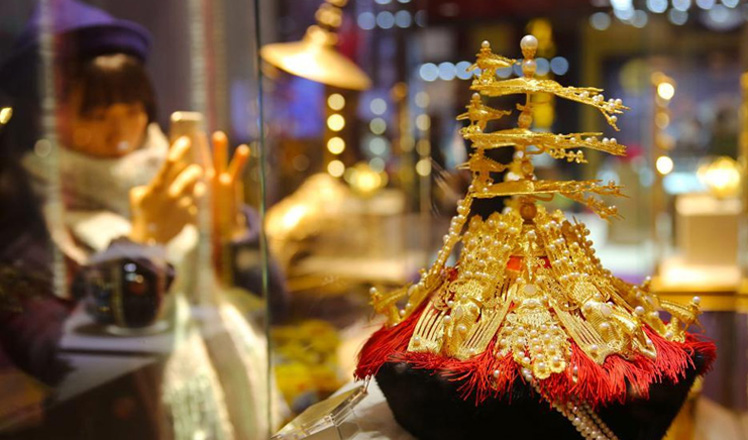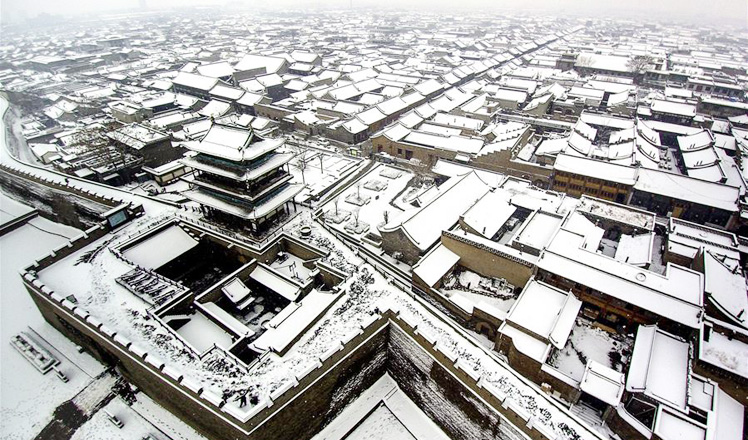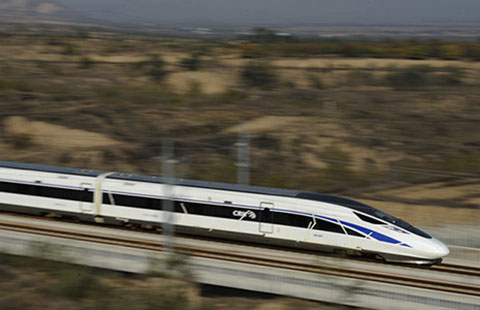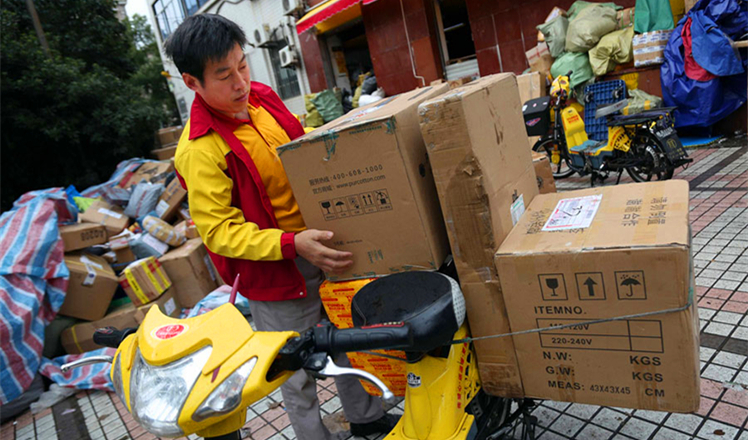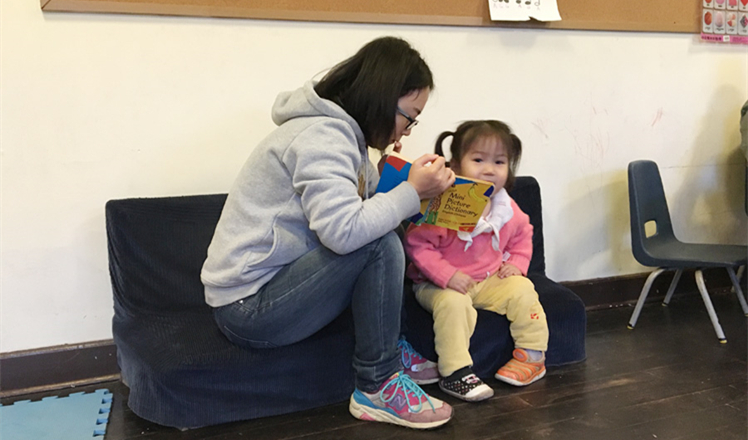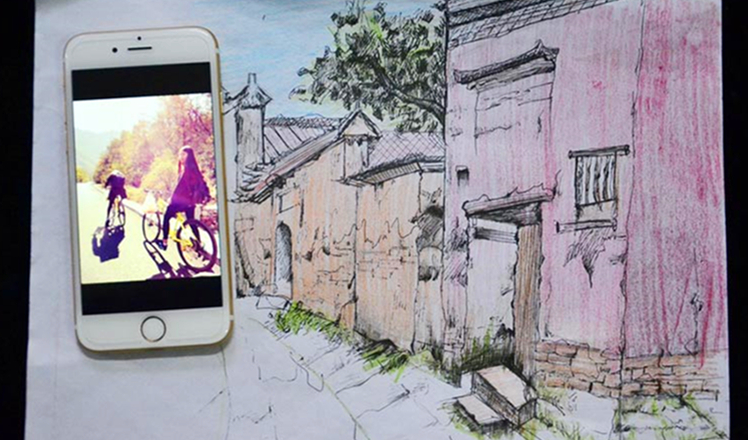Washington-based think tanks going Chinese
Updated: 2015-11-27 12:00
By Chen Weihua(China Daily)
|
|||||||||
Expanding research
Brookings is not alone in expanding research on China.
The Carnegie Endowment for International Peace (CEIP), set up in 1910 and housed in a building next to Brookings on Massachusetts Avenue, was once focused on transatlantic issues and the Soviet Union. But it started to hire scholars to work on the Chinese economy, politics and strategy starting in the 1990s with China's rise.
"If we are going to be taken seriously as a think tank and be competitive in Washington, we have to be in the game of analyzing China as well," said Douglas Paal, vice-president for studies and director of the Asia program at CEIP.
CEIP is ranked second in the US by the Think Tanks and Civil Societies Program (TTCSP) at the University of Pennsylvania, which annually publishes The Global Go To Think Tank Index Report.
Paal joined CEIP in 2008 after working on China at various US government departments, from the White House and the State Department to the Central Intelligence Agency. He was an unofficial US representative to Taiwan as director of the American Institute in Taiwan from 2002 to 2006.
In 2010, CEIP launched its Carnegie-Tsinghua Center for Global Policy at Tsinghua University in Beijing, which focuses more on issues relating to China's foreign relations, energy and climate change.
The center regularly brings together Chinese and US experts for conferences. The one on China-US security cooperation held in June this year amid the growing tension in the South China Sea drew a high-caliber panel that included CEIP President William Burns, who was US deputy secretary of state until a year ago; Stephen Hadley, US National Security Advisor under President George W. Bush; Gary Roughead, chief of US Naval Operations from 2007 to 2011 as well as He Yafei, China's former vice- foreign minister and Chen Xiaogong, former vice-commander of the People's Liberation Army Air Force.
Paal has been kept busy too, travelling frequently to China.
The same trend of having a greater focus on China and all of Asia is happening at the Atlantic Council think tank, which has long focused on trans-Atlantic issues. The council is said to be debating whether to change its name after expanding its research to include Asia, Africa and Latin America. The council has quadrupled in size since Fred Kempe, a former Wall Street Journal journalist, took office in 2007 as president and CEO.
Robert Manning, a senior fellow at the Brent Scowcroft Center on International Security at the Atlantic Council, said unlike Brookings, its China research is still scattered at various centers. "But it's already amazing for one that traditionally focuses on trans-Atlantic studies," said Manning, who had worked in the State Department, the National Intelligence Council and as director of Asian studies at the Council on Foreign Relations.
The centers on Latin America, Africa and South Asia and the programs on energy and global business and economy all conduct research relating to China.
Manning's words are reflected in Washington's think tanks today.
Jon Huntsman, chairman of the Atlantic Council, has encouraged the council to do more on Asia and China, according to Manning.
"We are trying to institutionalize ongoing Asian programs, so far I have been doing more from project to project," Manning said, adding that funding is still an issue.
- Britain's Cameron says time to bomb militants in Syria
- Russia accept full suspension from athletics
- Turkish and Russian FMs to meet in Belgrade
- S.Korea, DPRK agree to hold vice ministers' meeting for improved ties
- Avoiding escalation over Russian warplane downing
- Rights panel presses US over scientists' cases
Most Viewed
Editor's Picks

|

|

|

|

|

|
Today's Top News
Chinese president arrives in Turkey for G20 summit
Islamic State claims responsibility for Paris attacks
Obama, Netanyahu at White House seek to mend US-Israel ties
China, not Canada, is top US trade partner
Tu first Chinese to win Nobel Prize in Medicine
Huntsman says Sino-US relationship needs common goals
Xi pledges $2 billion to help developing countries
Young people from US look forward to Xi's state visit: Survey
US Weekly

|

|
